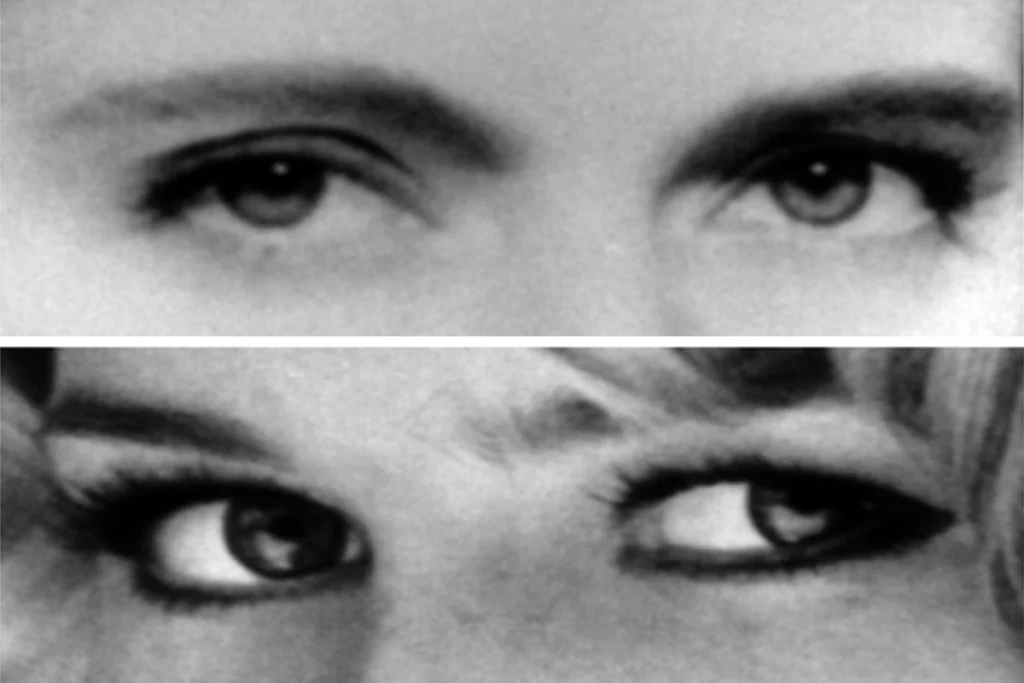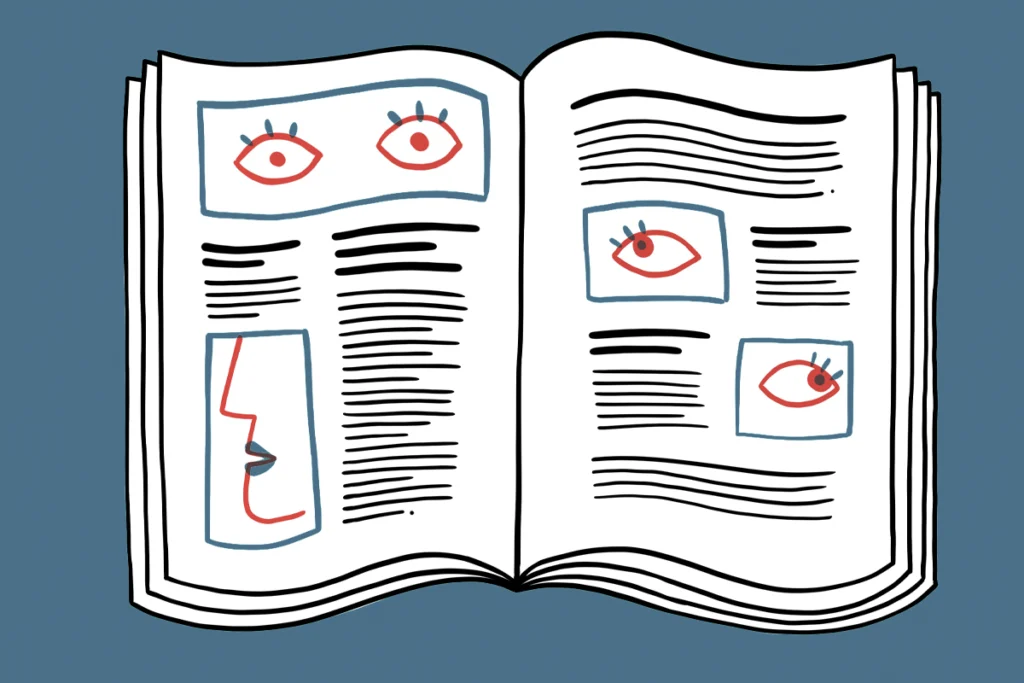Detecting genetic ‘dose’
For complex diseases like autism, there is irrefutable evidence that copy number variation — deletions or duplications of a genomic region — are at least as important as differences in the actual genetic code. Not surprisingly, this is the focus in many genetics labs.

090911-mrfast-550×469.jpg
For complex diseases like autism, there is irrefutable evidence that copy number variations (CNVs) — deletions or duplications of a genomic region — are at least as important as differences in the actual genetic code. Not surprisingly, this is the focus in many genetics labs.
Every week it seems, there are faster and cheaper advances in how to sequence genomes and detect all these differences, but most methods typically neglect duplicated segments. Some chips can tell you that there are more or fewer copies of a given gene within a duplicated segment, but not how many.
A new method, reported last week in Nature Genetics, can pinpoint the exact number of copies of a duplicated segment.
This is important: It’s possible, for example, that the greater the ‘dose’ of a particular gene or set of genes in a segment, the more severe the degree of impairment in someone with autism.
The researchers estimate that, on average, there are roughly 80 genes that vary in copy number between any two people, and their technique can distinguish between two copies of the same gene. Called micro-read Fast Alignment Search Tool or mrFAST, the method may also be used for the 1000 Genome Project, which aims to compare the genomes of, er, 1000 people.
Because of the importance of CNVs in neuropsychiatric diseases like autism, however, we’ll probably see the most, or at least the most interesting, advances in those diseases.
In fact, the lead investigator Evan Eichler (disclosure: he is a SFARI grantee) is setting out to study deletions and duplications in individuals with autism, looking in particular at so-called genomic ‘hotspots.’
Explore more from The Transmitter

It’s past time to stop using the Reading the Mind in the Eyes Test
Robots boost data consistency in rodent studies reliant on mechanical, optogenetic stimulation
